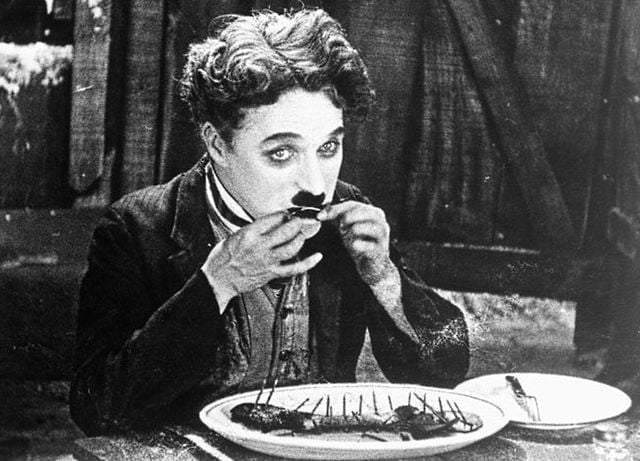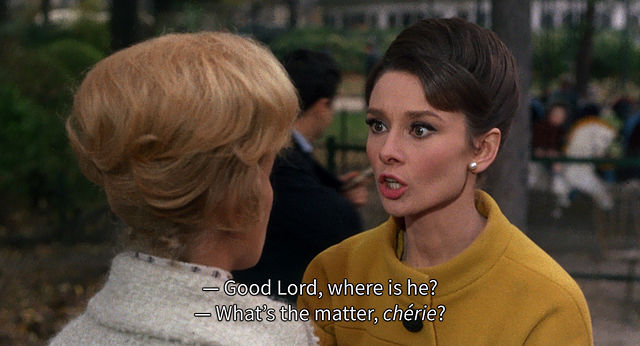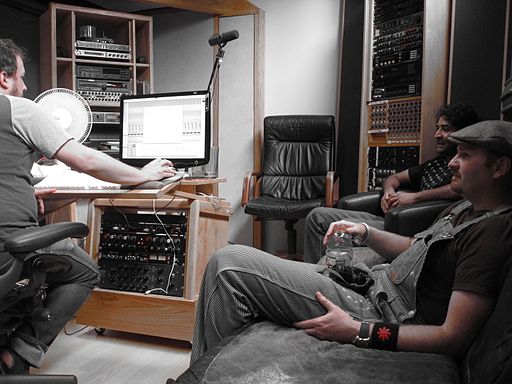Dubbing and Its Impact on Culturally Accepted Language
As only a bilingual English-Spanish speaker who grew up in the US, has lived in Mexico City and also Buenos Aires, Argentina, I may not be able speak to very many situations regarding dubbing. However, I can indeed speak to how dubbing causes many to attempt to use “neutrality” in both English and Spanish, at the very least. Anyone who has grown up in the USA, UK, Australia or any of the many English and Spanish speaking countries around the world will tell you without a doubt that we all have regional differences.
Photo via Wikimedia
In the English-speaking world, there is an attempt at neutrality that often leaves out regional slang and has caused English to be a lot more uniform that in had once been. In Spanish, we have the same problem: regional differences between Spanish and the various accents in Latin America are pushed aside in favour of a film that can be marketed to as many Spanish-speaking countries as possible, but at what cost? Sometimes this yields hilarious, and even offensive, results across borders. But how exactly did dubbing begin and why is it so important in popular culture?
From Silence to Dubbing

Photo via Wikipedia
The first films to exist were silent. Many of them had no text and were accompanied by lively music. Actors portrayed characters in ways that made it extremely obvious what the story was about without words. This all changed in the 1930s when filmmakers began recording speech and syncing it to the cinematic image, creating the films we now know today. This was the talkie revolution.
Meanwhile, Europe was succumbing to Fascism and many dictators of their time—Franco, Hitler, Mussolini—and the governments they wielded their influence over prohibited American films because of the potential for new ideas they could bring. Many films that made it to Europe were then dubbed to fit whatever ideologies the various regimes required. Films—which were already conservative by today’s standards—were made even more conservative through dubbing to prevent uprisings that could be brought on by ideas of democracy. Dubbing became a way to bypass cultural differences and censor what the public saw.
After World War II, dubbing became a way to help spread cultures around the world through cinema. In a more peaceful world, dubbing has been used more often because of globalisation. US-made films are often popular around the world, shattering records, attracting large audiences, and spreading American culture, values, and attitudes. What is strange about the United States’ film industry is how, particularly there, dubbing doesn’t work. Although Hollywood blockbuster films are dubbed and exported worldwide, many foreign films are not dubbed in the US. As a result, these films are seen far less and are usually limited to target niches such as film festivals, independent theatres, university courses, or some cable networks. As a result, many Americans are not exposed to as many different cultures through the world of cinema.

Photo via Wikipedia
Trendy, Trendy
What is evident in this trend is that it matters who is dubbing films and television. The United States, unlike many countries considered to be in the process of development, has a lot of power, money, major movie studios, and a lot of cultural clout that smaller countries don’t. Language can thus be affected by the cultural attitudes displayed in cinema or television screens. On a positive note, having one country allows people worldwide to relate to each other based on various cultural familiarities. Others might see this and feel that having one country put out most of the world’s entertainment is creating a more homogenised culture.
This may cause people in a younger, more globalised world to identify differently from people in previous generations. It’s also important to acknowledge that dubbing initially began as a way to control ideas and thus mark exactly what type of language would be deemed acceptable for certain governments. Only in our globalised world has dubbing become a way to bridge the gap between cultures and spread ideas that help many all over the world relate to one another. Perhaps if more people know about the sinister history of dubbing and how power, influence, and economic capital has influenced its practice, it would be easier for us to be grateful for how it has been reclaimed as a tool to help us learn from each other—with both positive and negative outcomes.



